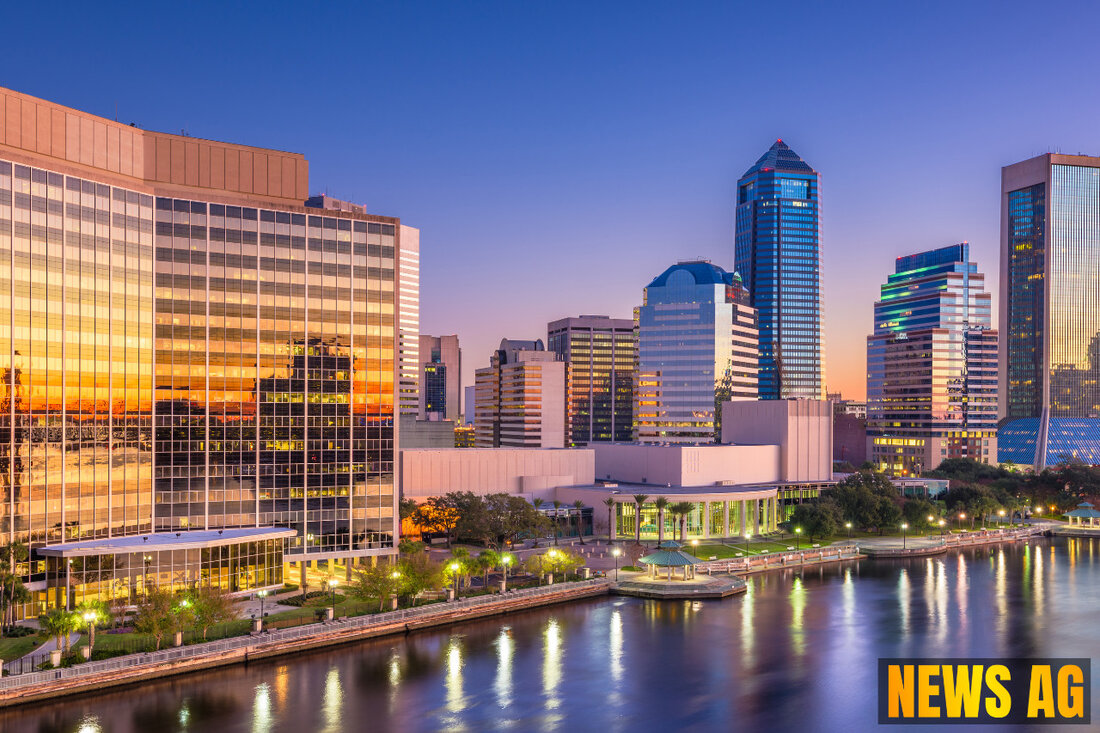Beaches Closed: High Bacteria Levels Raise Alarm Ahead of July 4th!
Recent beach closures across multiple states due to high bacteria levels have raised health concerns ahead of July 4 festivities.

Beaches Closed: High Bacteria Levels Raise Alarm Ahead of July 4th!
As we gear up for the Fourth of July festivities, a cloud of concern looms over the nation’s beaches. High bacteria levels have forced closures in several states, including popular spots that attract millions for summer fun. Just as Americans prepare to celebrate, public health officials are stepping in with warnings and advisories that should not be ignored.
The Centers for Disease Control and Prevention (CDC) has pointed a finger at Vibrio bacteria, which loves to thrive in coastal waters during the warmer months—from May to October. Known for causing vibriosis, this nasty bacteria can lead to diarrhea, vomiting, fever, and chills, and for some, it can even be life-threatening. As we embark on this holiday weekend, taking stock of beach conditions is crucial.
Closures Across the States
Beach closures and advisories are not an isolated incident; they’re popping up in popular vacation destinations nationwide. In states like New York, Massachusetts, Washington, Illinois, Michigan, and California, the warnings have come rolling in. For instance, Long Island has seen closures at beaches such as Benjamin Beach in Bay Shore and Ronkonkoma Beach in the Town of Islip. And Massachusetts isn’t faring much better, closing beaches like Pomps Pond in Andover and several others across the state.
In Illinois, places like North Point Marina Beach and Waukegan’s South Beach are off-limits, while in California, advisories have been issued for beaches in Los Angeles County, advising against swimming in areas like Ramirez Creek at Paradise Cove and the Santa Monica Pier. Even further south, San Diego County is facing the closure of well-loved locales such as Silver Strand State Beach and Imperial Beach Shoreline, heightening the stakes for those planning seaside outings this weekend.
A Widespread Issue
This predicament isn’t just limited to beaches on the coastline. Reports indicate that nearly 100 beaches across at least ten states are grappling with similar issues, primarily linked to high levels of fecal waste and harmful cyanobacteria (blue-green algae) in freshwater. The NBC News notes that even states like Florida are facing poor water quality; the Florida Department of Health has warned about several beaches in Monroe and Hillsborough counties due to heightened enterococci levels.
Such closures are alarming but unfortunately common. In fact, Environment America reported that over half of tested beaches experienced at least one day of unsafe fecal contamination last year. With climate change increasing the frequency of harmful algal blooms, the risk for swimmers continues to rise.
Health Implications and Recommendations
For beachgoers, the stakes have never felt higher. Symptoms from exposure to harmful bacteria can hit hard and fast, leading to serious health issues, particularly in vulnerable populations. The clear recommendation from health officials is to stay informed. Check local health department websites for the latest updates on safe swimming conditions. Always be cautious, especially if plans involve a dip in the water or even casual beach strolls.
As we celebrate our independence and enjoy the warm weather, let’s also stay vigilant about beach safety. Clean up after pets and dispose of trash properly to help reduce bacteria levels and protect our beloved shores. After all, a good hand in keeping our beaches safe means everyone can enjoy the sun, surf, and sand to the fullest.
In summary, while the allure of the beach is undeniable, safety must take precedence this holiday weekend. Be sure to stay updated, and remember—there’s truly something to be said for being cautious when it comes to your health.

 Suche
Suche
 Mein Konto
Mein Konto